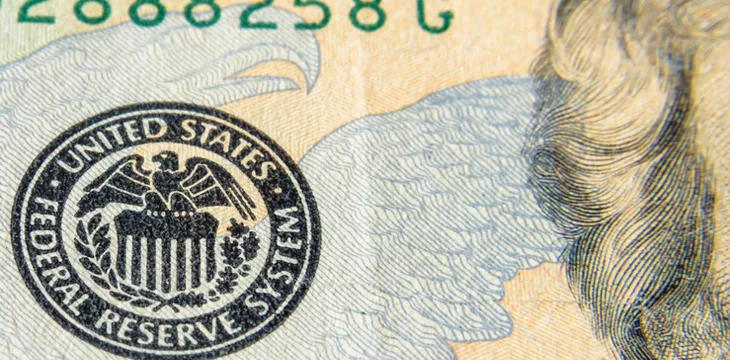|
Getting your Trinity Audio player ready...
|
The U.S. Federal Reserve has certified 57 firms to leverage the instant payments service FedNow once it launches later this month.
In a recent announcement, the Fed revealed that this group of early FedNow adopters is wrapping up trial runs on the service. The group comprises 41 financial institutions participating in sending, receiving, and supporting settlements, as well as 15 payment service providers. The U.S. Treasury Department’s Bureau of the Fiscal Service also participates in the trials.
Major U.S. banks will be ready to hit the ground running with FedNow, including JPMorgan Chase, Wells Fargo, and BNY Mellon. The service providers include ACI Worldwide, Finastra, Finzly, Temenos, and the Open Payment Network.
The goal is to avail FedNow to 10,000 financial institutions, the Fed says.
“We are on track for the FedNow Service launch, with a strong cohort of financial institutions and service providers of all sizes in the process of completing the final round of readiness testing,” commented Ken Montgomery, the first vice president of the Federal Reserve Bank of Boston.
“With go-live nearing, financial institutions and their industry partners should be confident in moving forward with plans to join the network of organizations participating in the FedNow Service,” he added.
FedNow will be the first instant payment system for American financial institutions. Currently, payments between different banks and payment services can take a day or two, and for some services like cheque deposits, up to a week. These payments also stall during the weekends or on public holidays.
This is in stark contrast to services like Venmo and Cash App, which are instant. Digital currencies on the BSV blockchain also settle transactions instantly, further fuelling the need for the Fed to act quickly with an option of its own.
FedNow is touted to be the Fed’s alternative to a CBDC. The U.S. is lagging behind its peers, led by China, who are making rapid progress toward the world’s first-ever CBDC by a major economy. Fed chairman Jerome Powell has claimed the bank is exploring the feasibility of a digital dollar but has yet to commit to building one.
Even if the Fed develops a CBDC, it will face major hurdles in distributing it in the U.S., with some states taking a firm stand against it. Florida Governor Ron DeSantis was the first to outlaw the digital dollar, but other states like North Carolina are following suit.
Watch: Blockchain provides perfect foundation for CBDC

 03-02-2026
03-02-2026 




